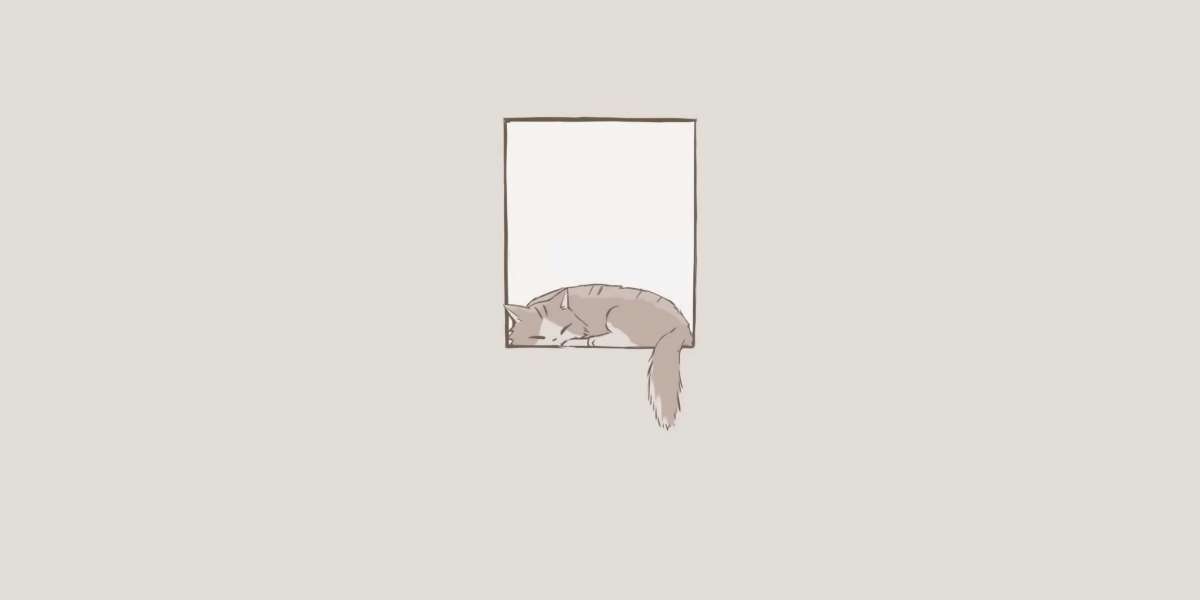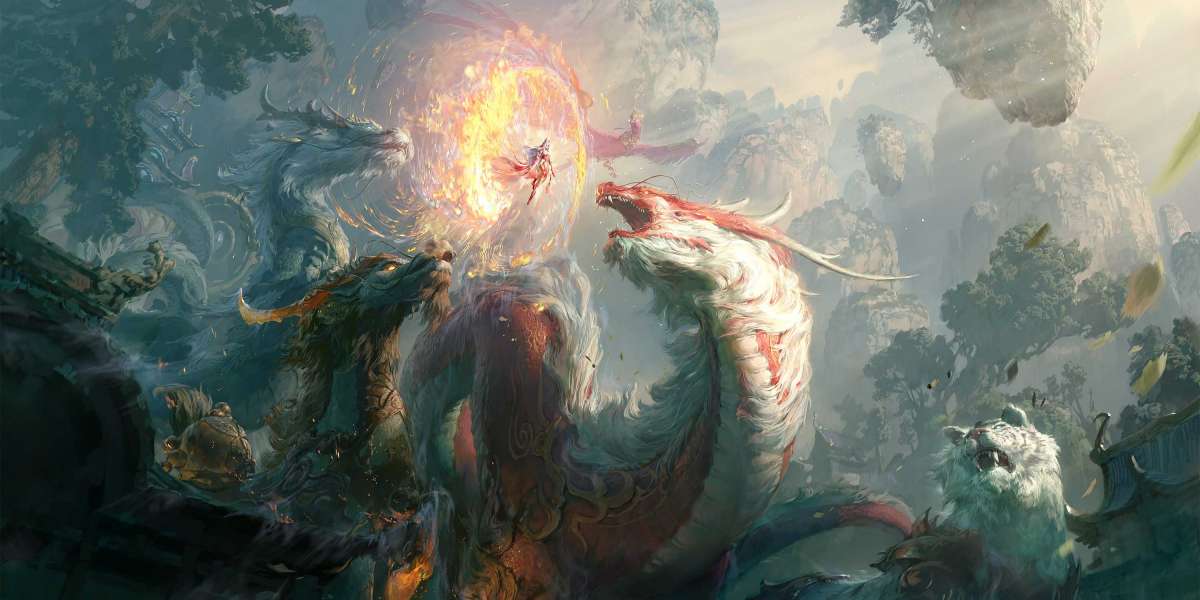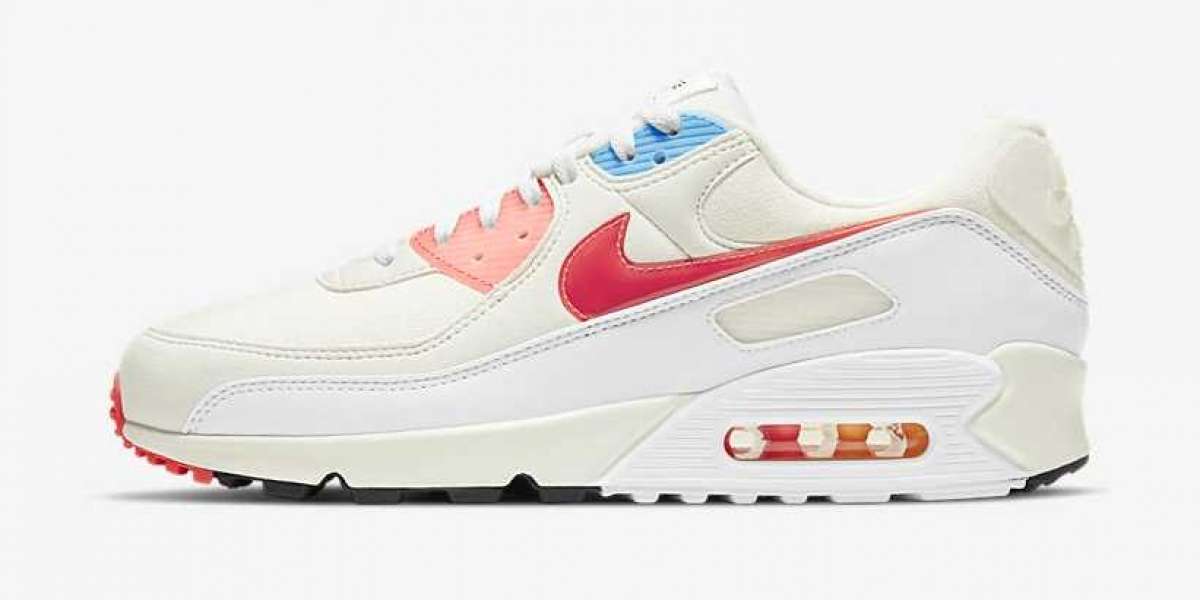The world of artist figures has undergone a remarkable transformation over the years. From the early days of traditional sculpting to the rise of digital representations, the journey reflects not only technological advancements but also shifts in artistic expression. This article delves into the evolution of artist figures, highlighting key developments and their implications for creators and collectors alike.
Traditional Artist Figures: A Foundation of Craftsmanship
Historically, artist figures were crafted using materials such as clay, wood, and metal. These traditional methods required immense skill and patience. Artists would often spend hours perfecting the details, ensuring that each figure captured the essence of the character it represented. But what made these figures so special? The answer lies in the tactile experience they offer. Collectors appreciate the craftsmanship and the unique imperfections that come with handmade art.
- Materials Used: Clay, wood, metal
- Skills Required: Sculpting, painting, finishing
- Unique Features: Handcrafted details, one-of-a-kind pieces
The Rise of Digital Sculpting
As technology advanced, so did the methods of creating artist figures. Digital sculpting emerged as a revolutionary technique, allowing artists to create intricate designs with precision. Programs like ZBrush and Blender have become essential tools in the modern artist's toolkit. This shift raises an important question: Does digital sculpting diminish the value of traditional craftsmanship? While some purists argue that it does, many believe that digital art opens new avenues for creativity and accessibility.
Benefits of Digital Sculpting
- Precision: Digital tools allow for exact measurements and details.
- Reproducibility: Artists can create multiple copies of their designs with ease.
- Flexibility: Changes can be made quickly without starting from scratch.
Collecting Artist Figures: A Blend of Old and New
The collecting community has also adapted to these changes. Many collectors now seek a mix of traditional and digital artist figures. This blend reflects a broader appreciation for different artistic methods. Collectors often look for limited editions or unique pieces that showcase the artist's skill, regardless of the medium used. This trend emphasizes the importance of storytelling in art, as each figure represents a narrative that resonates with fans.
Tips for Collectors
- Research the artist's background and techniques.
- Attend conventions to discover new figures and meet creators.
- Join online communities to share insights and experiences.
Conclusion: The Future of Artist Figures
As we look to the future, the evolution of artist figures is likely to continue. With advancements in 3D printing and virtual reality, the possibilities are endless. Artists can now create immersive experiences that engage audiences in ways previously unimaginable. For those interested in exploring this fascinating world further, consider visiting  for a range of unique artist figures that showcase the best of both traditional and digital artistry.
for a range of unique artist figures that showcase the best of both traditional and digital artistry.







